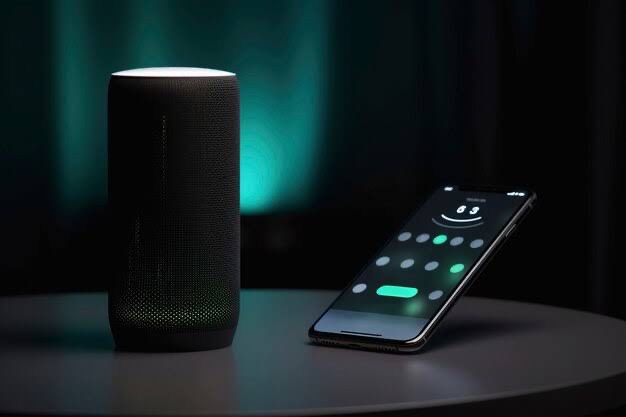Physical Address
304 North Cardinal St.
Dorchester Center, MA 02124
Physical Address
304 North Cardinal St.
Dorchester Center, MA 02124

In the age of artificial intelligence and voice-activated assistants, virtual assistants have become an integral part of our daily lives, helping us with tasks, answering questions, and controlling smart home devices with just a voice command. Among the most popular virtual assistants are Apple’s Siri, Amazon’s Alexa, and Google Assistant. But when it comes down to it, who’s the smartest? Let’s pit these digital assistants against each other in a showdown to find out.
Siri: Apple’s Intelligent Assistant
Siri, Apple’s virtual assistant, made its debut on the iPhone in 2011, forever changing the way we interact with our devices. With its natural language processing capabilities and integration with Apple’s ecosystem, Siri can perform a wide range of tasks, from setting reminders and sending messages to providing weather updates and answering trivia questions.
Strengths of Siri:
Seamless Integration: Siri is deeply integrated into Apple’s ecosystem, allowing users to access their calendar, messages, and other Apple services with ease.
Natural Language Processing: Siri’s natural language processing capabilities enable it to understand and respond to a wide range of voice commands and queries.
Personalization: Siri learns from user behavior and preferences over time, providing personalized suggestions and recommendations.
Alexa: Amazon’s Voice-Activated Assistant
Amazon’s Alexa made its debut with the Amazon Echo smart speaker in 2014, quickly becoming a household staple and revolutionizing the way we interact with our homes. With its vast library of skills and third-party integrations, Alexa can control smart home devices, play music, answer questions, and even order pizza with just a voice command.
Strengths of Alexa:
Smart Home Control: Alexa excels at controlling smart home devices, allowing users to turn on lights, adjust thermostats, and lock doors with simple voice commands.
Skills and Integrations: Alexa boasts a vast library of skills and integrations, allowing users to customize their experience and perform a wide range of tasks, from ordering groceries to booking a ride.
Continuous Learning: Alexa learns from user interactions and feedback, improving its accuracy and performance over time.
Google Assistant: The Power of Google’s Knowledge Graph
Google Assistant, introduced in 2016, leverages Google’s vast knowledge graph and machine learning capabilities to provide users with personalized assistance and information. With its natural language understanding and contextual awareness, Google Assistant can answer questions, provide directions, and even engage in natural conversations.
Strengths of Google Assistant:
Knowledge and Search Integration: Google Assistant taps into Google’s extensive knowledge graph, providing accurate and up-to-date information on a wide range of topics.
Contextual Awareness: Google Assistant excels at understanding context and following up on previous queries, making conversations feel more natural and fluid.
Voice Recognition: Google Assistant boasts advanced voice recognition capabilities, allowing it to accurately understand and interpret voice commands even in noisy environments.
The Verdict: Who’s the Smartest?
While each virtual assistant has its strengths and weaknesses, it’s challenging to declare a clear winner in the battle for supremacy. Siri excels in seamless integration with Apple’s ecosystem, Alexa dominates in smart home control and third-party integrations, and Google Assistant shines in knowledge and search integration.
Ultimately, the “smartest” virtual assistant may depend on your individual preferences, device ecosystem, and the types of tasks you need assistance with. Whether you’re an Apple aficionado, an Amazon enthusiast, or a Google devotee, each virtual assistant offers unique features and capabilities that cater to different needs and preferences.
So, who’s the smartest? The answer may vary depending on who you ask. But one thing’s for sure: with the rapid advancements in artificial intelligence and machine learning, the future of virtual assistants is bound to be smarter and more capable than ever before.